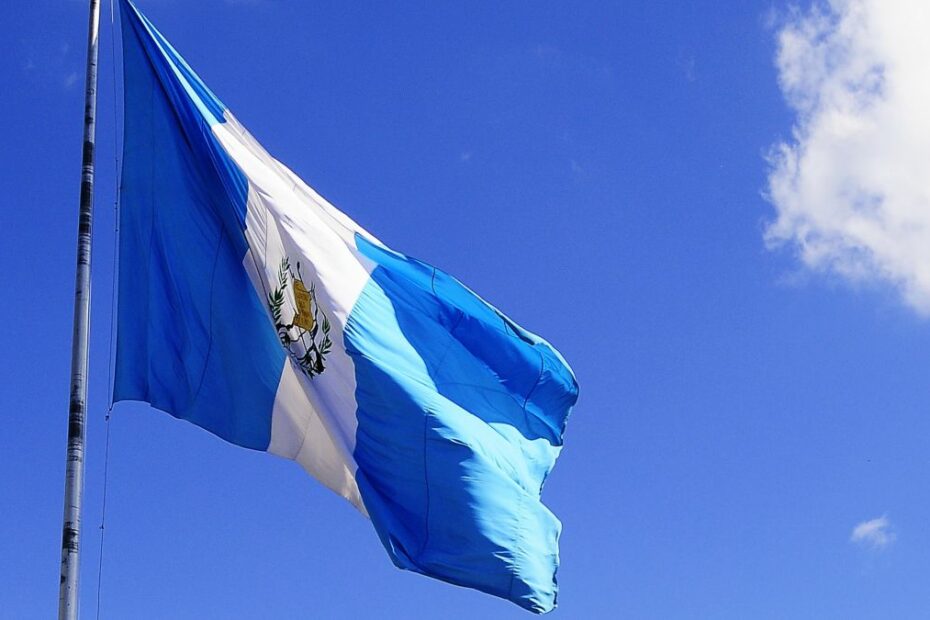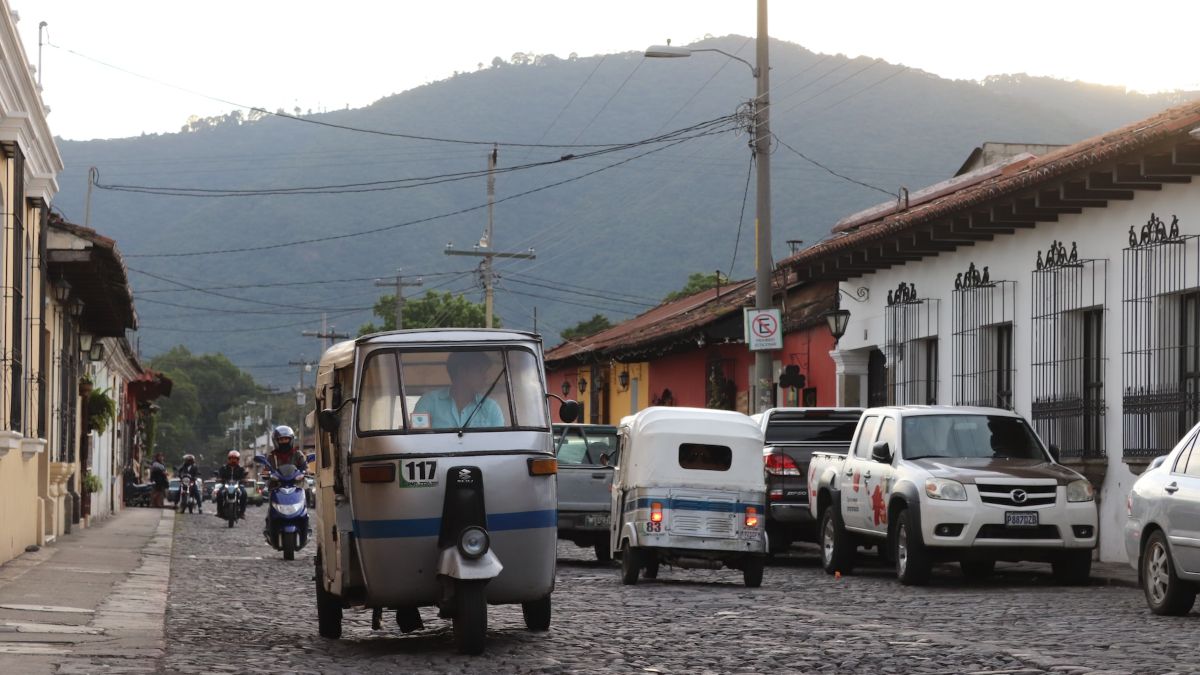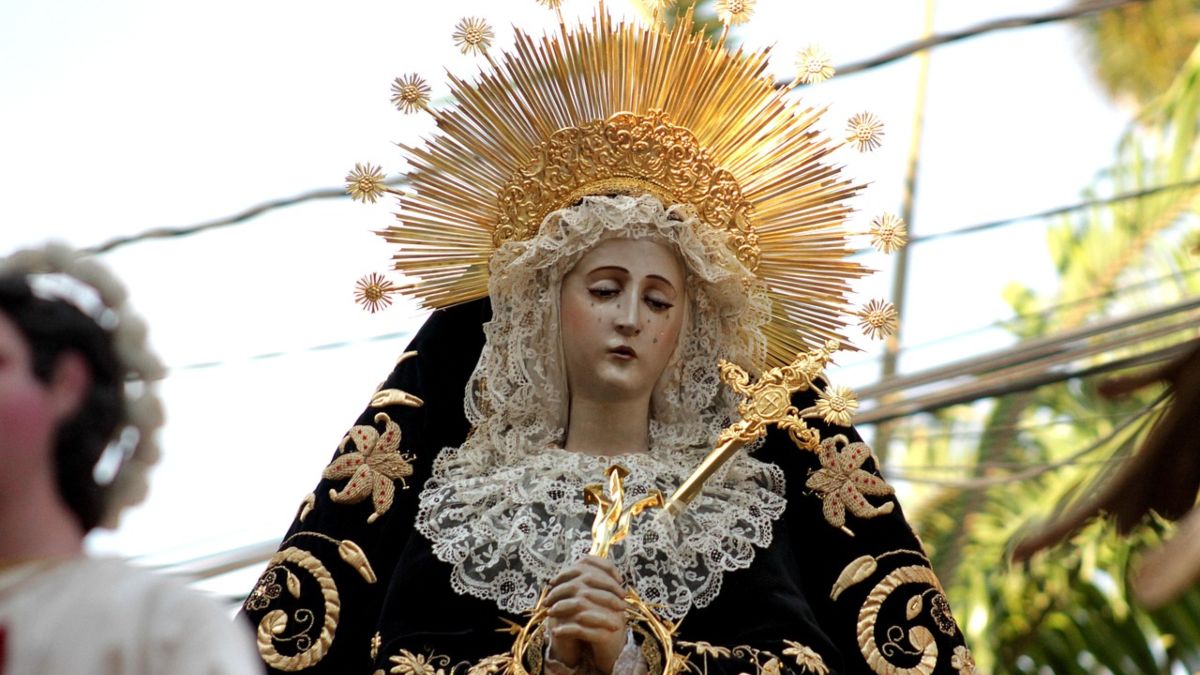In his third article about the upcoming Guatemala presidential election, Nestor Quixtan looks at how voters often spoil their ballots in protest at the choices they have before them, and how doing so can make a difference.
With days left before the election, candidates are intensifying their efforts. As the three main frontrunners concentrate on key demographics and regions, aspiring candidates are striving to surpass the 2% threshold required by law to keep their parties alive.
According to law, if a party fails to secure at least 2% of the presidential vote or win at least one seat in the National Congress, it ceases to exist. This intricacy in Guatemalan politics serves as the primary impetus behind the carousel of political parties in each election cycle.
While parties disappear, candidates engage in a game of musical chairs, jumping from one defunct party to the next. This hopscotch approach to political ideologies and allegiances leaves voters with the same roster of unsuccessful candidates year after year. In fact, some of the current candidates are making their third or fourth bid for the presidency. Meanwhile, new faces that could offer a breath of fresh air are marginalized.
In Guatemalan politics, winning an elected position is an ultra-marathon. Aspiring candidates in any Guatemala presidential election must be prepared to dedicate most of their lives to running for office. For example, incumbent President Giammattei finally succeeded on his fourth attempt. The abundance of colorful parties, slogans, and logos only serves to propel unattractive candidates into the spotlight. Consequently, voters are left with an interesting yet largely unviable alternative: the “null” vote.
A look at the three main presidential candidates in the upcoming Guatemala election, and how the courts are influencing things before even a vote is cast…https://t.co/6BisIo3Z0w
— Central America Living (@VidaAmerica) May 31, 2023
Understanding the “Null” Vote
Guatemalan legislation recognizes invalid votes as “null.” In other words, these votes do not contribute to the official tally. As a result, invalid votes dilute the final vote count, leaving “winners” with meager margins. Some mayoral candidates secure victory with just over 20% of the vote in their precincts.
It is worth noting that invalid “null” votes are a tool used by protest voters to express their discontent. This point is crucial, as public protests are frowned upon and dissenting voices are suppressed. Hence, voters employ the “null” vote to protest against the system itself, rather than the candidates.
Overall, the majority of voters utilize the “null” vote to protest seemingly ineffective institutions such as PARLACEN. With no tangible benefits for the local population, most voters choose to abstain from selecting representatives for the Central American Parliament. Ultimately, the “null” vote serves as an indictment of a failed political system.
The Dangers of the “Null” Vote
Despite the practical purpose of the “null” vote, it also poses a significant danger. Guatemalan legislation acknowledges the potential for “null” votes to surpass valid ones. Specifically, the legislation stipulates that if invalid votes exceed the majority, which is 50% plus one, the entire election must be repeated.
Consider the following scenario:
If presidential ballots record more than 50% invalid votes, the entire election must be repeated without a run-off. The top two candidates would need to be selected again to participate in said run-off. This scenario highlights how the prevalence of the “null” vote phenomenon poses a threat to the integrity of the election. So far, this situation has not yet occurred. However, the media has suggested the possibility of the “null” vote dominating this year’s election. Only time will tell.
For now, the mere discussion of invalid votes should raise concerns. Is the system truly dysfunctional? Does it require a major overhaul? Or is it those who choose to run for public office?
A look at the upcoming Guatemala elections and how people seek a change akin to 1944 when the Ubico dictatorship fell.https://t.co/3lQoFBdgQk
— Central America Living (@VidaAmerica) May 26, 2023
Will the Best Candidate Win?
Guatemalans often say that elections boil down to voting for the “least of the worst.” This mindset underscores the perception of the average voter. While elections should revolve around the most qualified individuals vying for office, Guatemalan politics tend to attract individuals willing to endure the grind of each election cycle in pursuit of power and influence.
It is important to note that each election cycle begins the day after an election. Now more than ever, elections are an ongoing process. Prospective candidates use social media to remain in the spotlight and publicly support popular causes.
The final vote tally on Sunday night (or more likely, the early hours of Monday morning) will be fascinating to observe. The “null” vote should not prevail under any circumstances, but it will be intriguing to witness its level of influence. With five days left, as the three frontrunners of Sandra Torres, Edmund Mulet, and Zury Rios remain neck and neck in the Guatemala presidential election, anything can happen.
Nestor Quixtan is a Canadian/Guatemalan economist, linguist, and writer. He lives in Guatemala City.




